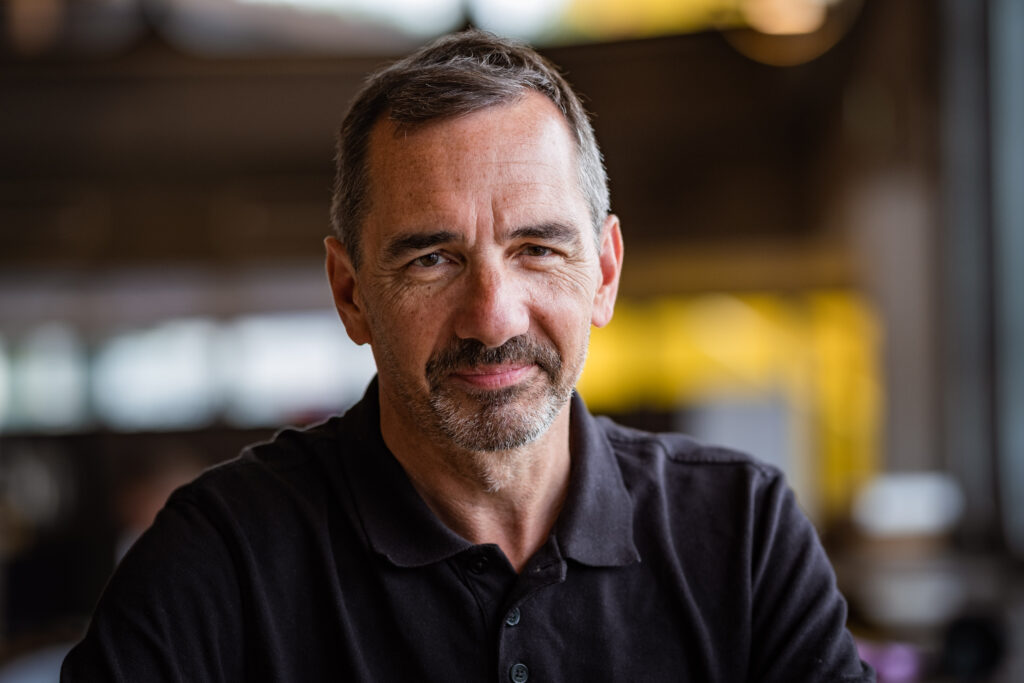Navigating the Self-Publishing Seas in a Post-COVID Landscape

In the wake of the COVID-19 pandemic, the landscape of self-publishing has undergone a profound transformation. As authors navigate this difficult era, the self-publishing world continues to evolve, presenting both challenges and opportunities for authors eager to carve their niche in this dynamic realm. Author James Blatch joined the self-publishing scene during the early years, alongside Mark Dawson, a bestselling author with over six million copies of his books sold. Dawson, also the founder of Self Publishing Formula, was at the forefront of the industry during its nascent stages. Blatch, having joined later, witnessed Dawson’s adaptation firsthand and can provide valuable insights into the evolving landscape, given their friendship during those formative years.
“Kindle came out in 2009, and there were these very early years, 9, 10, 11, 12” Blatch reflects. He discusses the initial years of self-publishing, a time when individuals found it somewhat easier to carve out success. However, Blatch is quick to note that success in those days wasn’t just about being at the right place at the right time; it was about adaptation.
“Dawson also adapted quickly when it became more competitive. He started running Facebook ads and really cracked the Facebook ad code, which was key for self-publishing authors,” Blatch says. He highlights the shifting dynamics and the necessity for self-published authors to embrace marketing, especially in a pay-to-play environment.
For traditionally published authors, marketing might be a distant concern, handled by the publishing machinery. However, self-published authors operate in a different arena—one where they have to be the writer, editor, and marketer.
“Dawson worked out that this was a pay-to-play environment for self-published authors. You had to invest, run the ads, and he had worked out how to do this,” Blatch explains, shedding light on the entrepreneurial mindset that fueled the inception of the Self-Publishing Formula.
In 2015, Blatch and Dawson joined forces, giving birth to the Self-Publishing Formula. While Blatch admits the name might not be the catchiest, its essence lies in the value it delivers. The duo launched their first course in June of that year, marking the beginning of a journey that would redefine self-publishing for countless aspiring authors.
The self-publishing landscape, as Blatch describes, is not a haven for the faint-hearted. It’s a realm where success is not guaranteed but earned through strategic efforts. “It’s a pay-to-play environment for self-published authors. You had to invest; you had to run the ads,” Blatch iterates, emphasizing the proactive approach necessary for those navigating this independent route.
The evolution of the Self-Publishing Formula didn’t stop at courses alone. Recognizing the power of the spoken word, Blatch and Dawson ventured into the podcast arena in 2016, a move that has since resulted in over 400 episodes. The podcast became an additional avenue for them to share insights, strategies, and conversations with industry experts—a testament to their commitment to providing valuable, real-world advice to aspiring authors.

As the Self-Publishing Formula gained momentum, Blatch found himself at the intersection of being a guide and a guinea pig. The courses expanded beyond specific marketing tactics, encompassing a broad spectrum of skills essential for a budding author’s success. The 101 course, launched the following year, aimed to be a comprehensive guide, covering everything from building an author platform to the intricate details of selling a manuscript.
The first course focused on Facebook ads, but the subsequent 101 course was a different beast—an all-encompassing expedition through the labyrinth of authorship. “Mark said to me, ‘Well, you should be the guinea pig for this because you’ve got your book which hasn’t been published, it hasn’t been edited, so get that out of the drawer again. We’ll use you as a guinea pig, and we’ll publish your book.'”
Thus, Blatch became more than just an instructor; he became a living example of the formula’s efficacy. His own book, once relegated to a drawer, emerged as a testament to the principles and strategies taught by the Self-Publishing Formula.
Blatch’s journey, entwined with the evolution of the Self-Publishing Formula, the adaptability required for authors in the ever-changing landscape of independent publishing.
“So that was great for me, although, it wasn’t ready for publishing, and actually, during the course, I refused to publish it. It took me another four years of working on that manuscript before I felt ready,” Blatch reflects on his personal journey, a testament to the commitment and dedication required in the self-publishing arena.
While the first book took a decade from inception to publication, the subsequent one was a testament to the learning curve. Blatch describes it as a “wonderful Genesis story.”
Blatch also touches on the surge of self-published books during COVID. “There was absolutely a big spike, not just in people buying Kindles and books and converting to e-books, which are the most profitable for self-publishing authors, but also in people buying our course. There was this massive spike in people buying our course,” Blatch notes, highlighting the surge in interest and enthusiasm for writing and self-publishing during the pandemic.
“As far as the legacy of where we are now, I think, first of all, it increased the size of the market. Once people start reading on a Kindle, they stick with it. COVID was a very important expansion of the readership,”Blatch explains, shedding light on the enduring impact of the pandemic on reading habits.
Blatch discusses the nuanced changes in reader-author dynamics. The surge in readership has resulted in a shift in the relationship between readers, genres, and authors, a phenomenon catalyzed by self-publishing.
“The relationship between the reader, the book, the genre, and the author is changing. That’s a key thing that self-publishing has done. Self-publishing has spawned this new wave of writing and reading, which is much more closely aligned than ever used to be,” Blatch remarks, emphasizing the profound impact of self-publishing on the literary landscape.
Blatch acknowledges Amazon’s significant role but remains pragmatic about the situation, noting, “As far as I’m concerned, it’s Amazon’s toy shop, and they can do what they want. It’s up to us to do what we want.”
Regarding the challenges posed by AI, Blatch sees it as a double-edged sword. While AI is positively transforming aspects of marketing, there are concerns about its potential misuse in generating entire novels. Blatch, however, remains optimistic, highlighting the irreplaceable human touch in storytelling.
“You can’t take away humanity. ChatGPT is never going to have that essence of human suffering and humanity that goes into our story. It’s more important than ever that we bring our own backstory, our own emotional journey,” Blatch states, underlining the unique edge human authors possess over AI-generated content.
When prompted about the future of publishing, Blatch envisions a shifting landscape with traditional publishers focusing on big-name authors and a rise in hybrid and independent publishing for a more equitable author-publisher relationship. “I think that’s what’s going to happen, and I think there will be a shrinking of traditional publishing and an expansion of that middle ground,” he predicts.
“Readers are the ones who are now, quite rightly, in the same way that they dictate what’s on television, rising in power in the publishing industry.”



